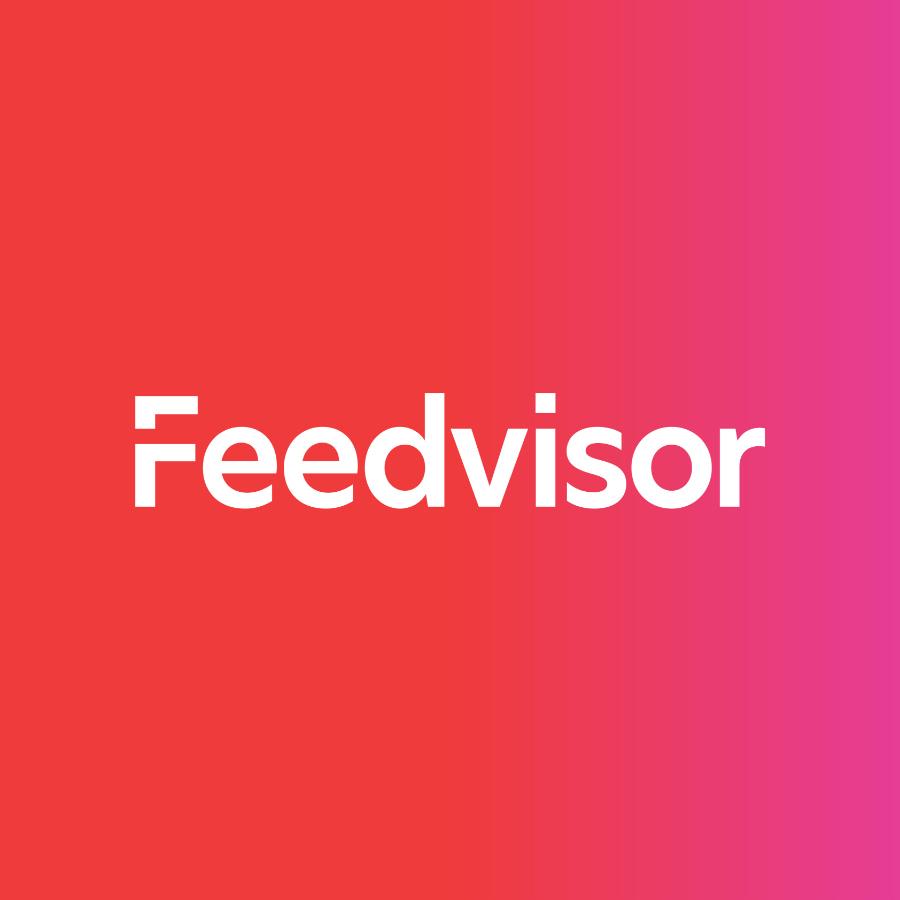Resources - Blog
Amazon Professional Sellers: What’s More Important Than Profit Margin?

Stay on top of the latest e-commerce and marketplace trends.
Many people mistakenly think that high profit margin indicates good pricing. In fact, pricing strategist, Rafi Mohammed, is constantly surprised at how so many executives and Wall Street analysts use high profit margin as a measure of success.
While you’re definitely doing well for yourself if you buy something at $10 and sell it at $20, the point is that in terms of overall business strategy and growth, profit margin should not be your only consideration. Mohammed brings an excellent example to illustrate this point, saying that if “profit margin was the only important factor, how would it be possible for Walmart with its weak 3.3% margin to rank number 2 in the Fortune 500?”
So if profit margin isn’t the essential factor, what is?
It’s all about the money
Rather than profit margin, what really matters is how much overall profit you are making.
For example, say you were an art dealer and bought paintings at $10 each. You decide to sell them for $20 each, giving you a profit margin of 100%. At this price, you manage to sell 50 paintings, leaving you with an overall profit of $500*.
However, let’s say you decided to sell each painting for $16 instead. With this price, you manage to sell 100 paintings. Although your profit margin has been reduced to 60%, your overall profits have increased to $600**.
What would you prefer: a high profit margin or more money in your wallet?
The important thing to remember is that in order to maximize the growth opportunities for your business, you must price strategically. You might do better off charging slightly less per product, but ultimately making so much more.
“But how do I know what price will get me the most profit? I don?t want to underestimate my prices either. How do I know what the optimal price is?”
This question is certainly a tough one to answer and for some businesses, finding the optimal price – the one that leads to the maximum possible profit is a matter of trial and error. For Amazon sellers though, a far simpler solution is available.
Feedvisor’s algorithmic Amazon repricer is designed to find the ideal equilibrium price for each product.
What this means is that instead of just guessing a price, Feedvisor will find the exact pricing point that balances Buy Box share (i.e. sales volume) and profit margin at the point that maximizes overall profit.
A case in point
For example, prior to using Feedvisor, one Amazon bra seller repriced his products manually. His prices ranged between $19 and $23, and he gained a profit margin of 39%. What Feedvisor did was to reduce the price of the bras by approximately $2. Although his profit margin went down to 37%, his share of the Buy Box increased, leading to a 25% increase in sales and one very happy seller.
In this case, Feedvisor lowered the price of an item to optimize overall profits. However, in other cases, it raises the price in order to achieve the same goal.
Let’s return to our art dealer example. Say you were selling a painting for an average of $17, winning 70% of the Buy Box and making $500 in profit. Feedvisor might discover that by raising the price by just $1 to $18 you’ll only win a 50% share of the Buy Box but you’ll be making a whopping $600 in profit instead.
Get the price exactly right and you’ll see the difference it will make to your business!
For more information about Feedvisor’s algorithmic repricing solution and how it can find the ideal equilibrium prices for your products, click below.
*Your revenue [$20 x 50 = $1000] minus your costs [$10 x 50 = $500] equals $250.
**Your revenue ($16 x 100 = $1600] minus your costs [$10 x 100 = $1000] equals $600.
